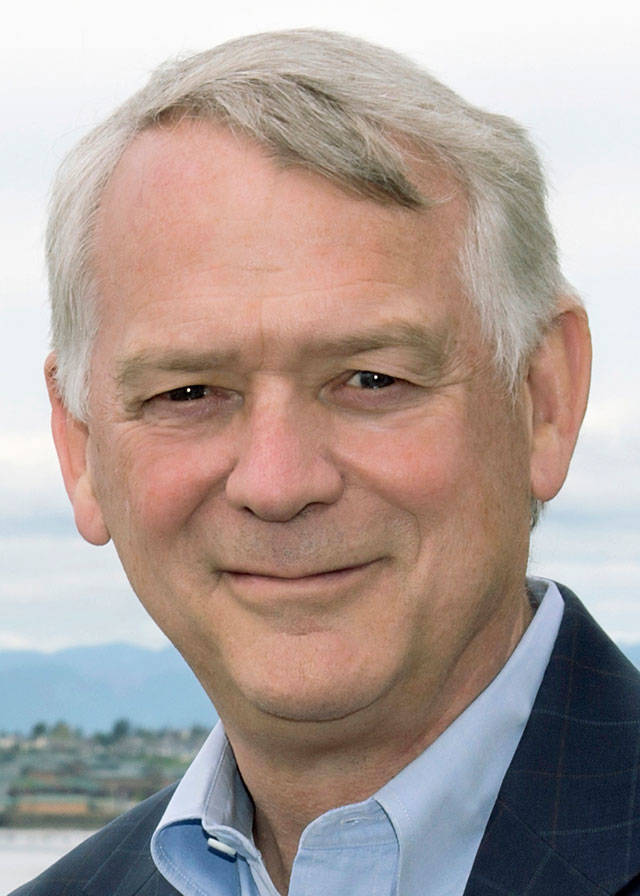By Paul Roberts / Herald Forum
The future ain’t what it used to be. With apologies to Yogi Berra, the past isn’t either.
The historical frameworks we use to predict weather events are changing. Climate change is defining a new normal for weather events such as storms, rain, hurricanes and heat; and indirectly wildfires, sea level rise and other impacts. These climate influenced events are increasing in frequency, intensity and severity.
Civilization as we know it developed during an exceptionally stable climate period. The past 7,000 to 10,000 years provided a calm, stable climate allowing our ancestors to develop an agrarian society, and in recent times — the past 200 years — an industrial one powered by fossil fuels. A consequence of burning fossil fuels is the release of greenhouse gases (GHG) into the atmosphere in ever increasing amounts. GHGs are changing the chemistry of the air and oceans, and with that, the weather.
Recently, the National Oceanic and Atmospheric Administration released new “climate normals” based on the past 30 years of data. The new data set is from 1991 to 2020. The new baseline will compare and link yesterday’s weather and tomorrow’s forecasts. The previous predictions were from 1981 to 2010 and were developed from approximately 9,800 stations across the US.
These 30-year measurements are the ticking of the second hand on earth’s geological clock. For Western Washington, predictions are for increasing precipitation and warmer temperatures on average.
The NOAA data informs a wide variety of decisions that affect all sectors of our economy and society including agriculture, water, electricity load planning, building and heating and more. Together with other measurements such as glacier recessions, species migration and ocean acidification we can document the changes associated with global warming.
Like sea level rise, risks associated with climate events are predictably growing, and with them, recognition of the costs and liabilities associated with failure to adapt or mitigate. As an example, California wildfires in 2018 resulted in litigation leading Pacific Gas & Electric to file for bankruptcy protection.
The attention of the banking, business, legal and insurance industries is focusing on climate change. Moody’s, the international credit rating agency, has established an Environment, Social and Government group and acquired an interest in consulting firms specializing in climate impacts.
The cost of responding to climate change is often cited as the reason for not acting. In fact, the cost of inaction is much greater in terms of a livable planet. The better question is how much of these costs will be borne by future generations. We know what must be done: rapidly reduce GHG emissions. Now we must find the political courage to do it.
The release of NOAA’s new normal represents another second off the clock. The time for action is now.
Paul Roberts is a consultant to cities on climate and resiliency planning. He is a member of the Everett City Council, chair of the Puget Sound Clean Air Agency Board, and vice chair of the Sound Transit Board. His views are his own.
Talk to us
> Give us your news tips.
> Send us a letter to the editor.
> More Herald contact information.

























